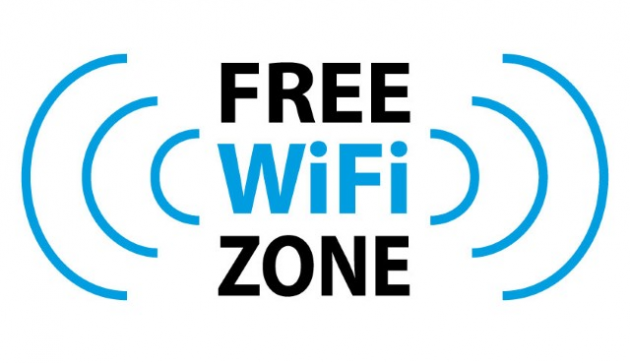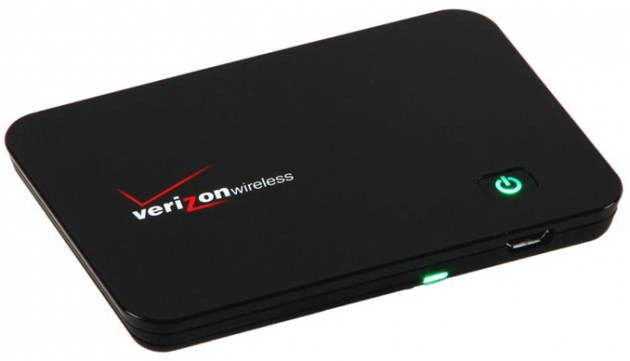Microsoft and Google Put Differences Aside to Fight Hotels' Wanting To Block Wi-Fi Hotspots
In an unusual move that one might have expected to see coming from wireless device manufacturers for Mi-Fi, smart phone and tablet devices, Microsoft and Google have teamed up to complain to the Federal Communications Commission (FCC) about a request by hotel industry leaders American Hospitality & Lodging Association and Marriott International to intentionally block Wi-Fi Hotspots from working inside hotel properties including rented hotel rooms.
The hotel groups have asked the FCC to grant permission for the hotels to intentionally block wireless transmissions in the area of each hotel in order to deliberately prevent wireless hotspots from being functional for guests of the hotel.
Wireless Hotspots Explained
Wireless hotspots can share cellular or Wi-Fi connections (usually cellular) internet connections by creating a new, separate wireless network that other devices can access. There are mobile Wi-Fi devices (sometimes known as Pocket Wi-Fi or Mi-Fi devices), and also the ability of modern smart phones and tablets to use their 3G or 4G LTE cellular connection, and create a Wi-Fi hotspot from it. This signal when tethered can then be used by other computing devices like a laptop, tablet or smart phone by people, in this case, in the hotel room.
Hotels Losing Internet Service Revenue Stream
Given the proliferation of these types of devices with business and personal travelers using hotels, the hotel chains are surely seeing a major decline in the charges they are able to levy for use of the hotel internet. Often the internet charges within hotels are extremely excessive, often with per hour usage charges, and offered per computing device which makes them even more impractical for people, couples or families staying in the hotel whilst using multiple devices.
Hotels Claim Hotspots Are A Security Problem; Opponents Cite Greed
The hotel organizations have argued that allowing shared access to their wireless networks is a breach of security. Opponents of the hotel chains would more likely argue that the internet charges levied by hotels are excessive and greedy.
Microsoft Voices Its Complaint to the FCC
Microsoft in their complaint to the FCC pointed out that it is illegal to use a cell phone jammer in the United States to block or otherwise interfere with communications. The point being that a hotel should not get to circumvent this law just because they want to. Microsoft also included the use of Mi-Fi devices as being acceptable in its view.
Google Refused To Remain Silent Too
Google also complained to the FCC making the point that the move by hotels does not have anything to do with network security and much more to do with the lost revenue that used to be generated from hotel internet charges.
Next thing you'll see hotels wanting to prevent hotel guests from using their tablet or smart phone to view a pay per view movie or TV show they have already paid for because it prevents the hotel from making money from their own pay per view TV network...
Clearly, hotels are seeing the writing on the wall that these kinds of charging levels are no longer practical as consumers have new technological choices available to them which restricts the number of ways that the hospitality industry can generate revenue.


